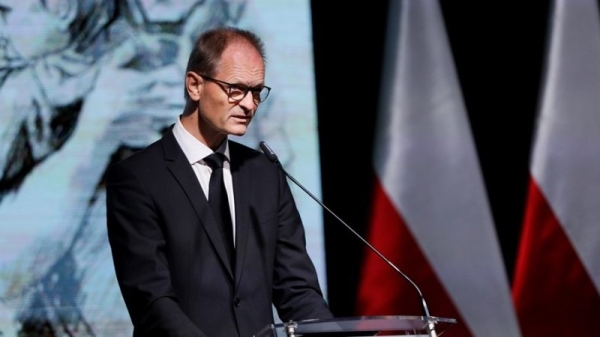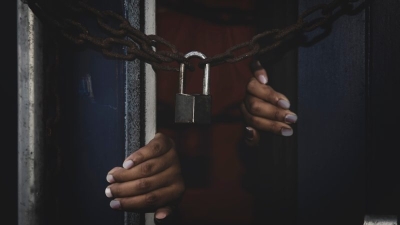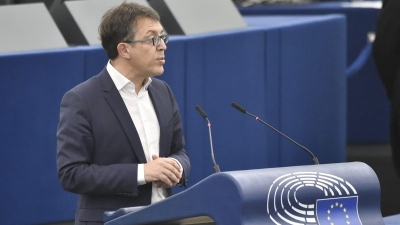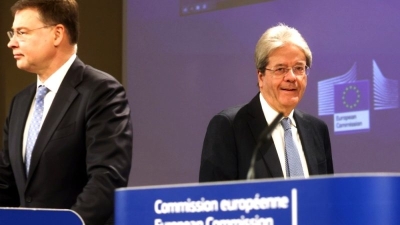German ambassador criticised by Polish ruling camp ends mission in Poland

German Ambassador to Poland Thomas Bagger, known for criticism of Defence Minister Mariusz Błaszczak, will end his mission in the coming months, Polish media reported.
According to Rzeczpospolita, Bagger will become Secretary of State for Political Affairs in the German Foreign Ministry, meaning he would be the ministry’s second most prominent figure after Foreign Minister Annalena Baerbock.
“I am convinced that my experience in Poland proved very helpful in this important mission,” the ambassador told Rzeczpospolita. Bagger’s successor has already been appointed, but his or her name has not been made public yet.
Relations between Bagger and the government have been on ice as the ambassador responded to Błaszczak’s comments about Germany having assisted Russia’s militarisation for years by importing its energy.
“Does the Minister know how many billion zlotys Poland pays Moscow every year for Russian energy?” the ambassador tweeted in reply, for which he faced criticism from PiS politicians, accusing Germany of putting economic benefit before morality.
It is not the first time in recent years that Poland has had problems with German ambassadors.
In 2020, the government dragged its feet when it had to approve Arndt Freytag von Loringhoven, former NATO assistant secretary general for Intelligence and Security, as ambassador.
Even if no explanation had been given for the delay, Polish and German media reported that PiS members, including powerful party leader Jarosław Kaczyński, opposed the fact that Freytag von Loringhoven’s father was a Baltic German officer in the German Army during World War II and served as an adjutant to the Chief of Army General Staff.
However, Poland approved him as ambassador in early September 2020. His policy towards Warsaw was marked by a sensibility to historical divisions between Poland and Germany and avoiding conflicts and was replaced by Bagger in 2022.
(Aleksandra Krzysztoszek | EURACTIV.pl)



